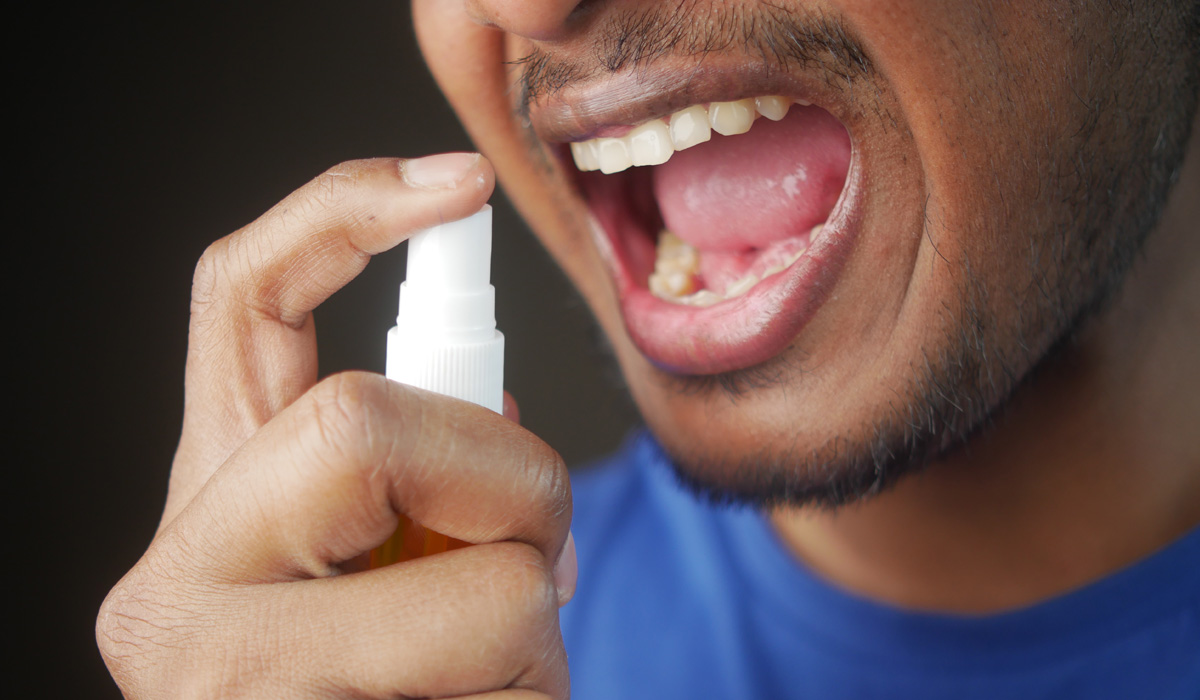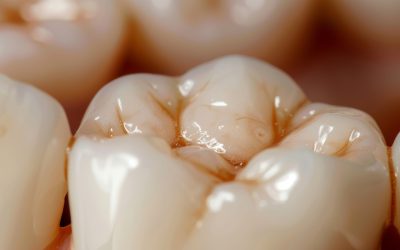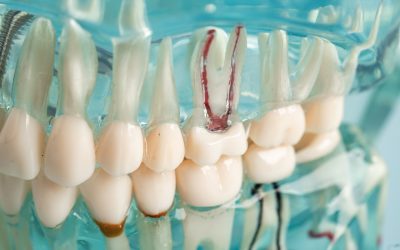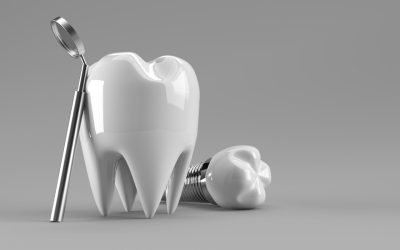Bad breath, also known as halitosis, is an issue that affects people of all ages. It can be embarrassing and impact your confidence in social interactions. While everyone experiences bad breath occasionally, persistent bad breath is usually a sign of an underlying problem. Understanding the causes and types of bad breath can help you effectively address the issue and improve both your oral health and self-esteem.
1. Types of Bad Breath Smells
Bad breath comes in various types, and the smell can often indicate specific problems with your oral health or even general well-being. The most common types of bad breath smells include:
- Sulfurous Odor: This is the most common type of bad breath and is often compared to the smell of rotten eggs. It’s usually caused by bacteria that break down proteins in the mouth, releasing sulfur compounds. The presence of this odor can often point to poor oral hygiene, gum disease, or the presence of plaque buildup.
- Metallic Smell: A metallic or bitter smell can be a sign of an underlying medical issue or a reaction to certain medications. For example, conditions like diabetes, kidney disease, or liver issues can cause a metallic breath odor. Additionally, taking iron supplements or medications that cause dry mouth can exacerbate this type of bad breath.
- Fruity Odor: A fruity or sweet smell can be linked to a condition known as diabetic ketoacidosis. This happens when your body is unable to properly process glucose, and the buildup of ketones in your bloodstream creates a fruity-smelling breath. If you notice this type of smell, especially if you are diabetic, it’s important to seek medical attention.
- Acidic or Sour Smell: Bad breath with a sour or acidic odor is often linked to acid reflux or gastroesophageal reflux disease (GERD). When stomach acids make their way up into the esophagus and mouth, it can leave a lingering sour taste and smell.
- Musty Smell: A musty breath odor may be a sign of liver disease. This happens when the liver is unable to break down certain compounds, leading to the accumulation of toxins that manifest as a musty, unpleasant breath smell.
Each of these types of bad breath is associated with different causes, and addressing them requires identifying the underlying issue first.

2. Bad Breath Causes
Understanding the causes of bad breath is crucial to tackling the problem effectively. Here are some of the most common bad breath causes:
- Poor Oral Hygiene: One of the leading causes of bad breath is inadequate oral hygiene. Failing to brush and floss regularly allows food particles to remain in the mouth, which promotes bacterial growth. These bacteria release foul-smelling compounds that lead to bad breath.
- Gum Disease: Gum disease (periodontitis) is another common cause of persistent bad breath. Infected gums create pockets where bacteria can thrive, producing foul odors. Gingivitis, the early stage of gum disease, also leads to swollen, bleeding gums that contribute to unpleasant breath.
- Tooth Decay: Cavities or decaying teeth are a major source of bad breath. When tooth enamel is weakened, bacteria can enter the tooth and multiply, causing odors that are difficult to eliminate with brushing alone.
- Dry Mouth: Saliva plays a crucial role in keeping the mouth clean by washing away food particles and bacteria. Dry mouth, or xerostomia, occurs when the body doesn’t produce enough saliva, leading to a dry, sticky mouth and bad breath. This condition can be caused by medications, aging, or dehydration.
- Acid Reflux and GERD: People with acid reflux or GERD (gastroesophageal reflux disease) often experience sour breath due to stomach acid flowing back into the mouth. This can also leave a bad taste and exacerbate halitosis.
- Smoking: Smoking and tobacco use not only leave a lingering smell in the mouth but also contribute to gum disease and dry mouth, both of which can worsen bad breath.
- Certain Foods and Drinks: Foods like onions, garlic, and spicy dishes are known to cause bad breath, as the compounds in these foods enter the bloodstream and are expelled through the lungs. Coffee, alcohol, and sugary drinks can also lead to bad breath.
- Medical Conditions: Certain medical conditions such as diabetes, kidney failure, and liver disease can affect how your breath smells. For instance, a fruity or metallic odor may indicate issues related to blood sugar levels or organ function.
Identifying the root cause of bad breath is essential in eliminating it. Whether the cause is dental or systemic, treating it at its source will help you achieve long-lasting fresh breath.
3. How to Get Rid of Bad Breath
Once you understand the cause of your bad breath, taking steps to eliminate it becomes much easier. Here are some actionable tips to help get rid of bad breath and maintain fresh breath throughout the day:
- Maintain Good Oral Hygiene: The foundation of fresh breath is consistent oral hygiene. Brush your teeth at least twice a day for two minutes with fluoride toothpaste. Don’t forget to floss daily to remove food particles and plaque between the teeth.
- Clean Your Tongue: Bacteria often accumulate on the tongue, especially at the back where it’s harder to reach. Use a tongue scraper or brush your tongue gently with your toothbrush to remove any buildup and reduce bad breath.
- Stay Hydrated: Drinking plenty of water helps wash away food particles and bacteria from the mouth. Staying hydrated also prevents dry mouth, a major cause of bad breath.
- Watch Your Diet: Certain foods, like onions, garlic, and spicy dishes, are notorious for causing bad breath. Limiting your intake of these foods or brushing after eating them can help. Sugary foods can also contribute to bad breath by promoting bacterial growth, so try to limit sugar intake as well.
- Chew Sugar-Free Gum: Chewing sugar-free gum stimulates saliva production, which helps wash away food particles and bacteria in the mouth. Gum containing xylitol is especially helpful, as xylitol can help fight against harmful bacteria.
- Use Mouthwash: A good antibacterial mouthwash can help reduce the bacteria that cause bad breath. However, don’t rely solely on mouthwash; it’s important to maintain a thorough brushing and flossing routine.
- Regular Dental Check-Ups: Seeing your dentist regularly is crucial for maintaining good oral health and preventing bad breath. Your dentist can clean hard-to-reach areas of your mouth, remove plaque and tartar buildup, and detect any signs of gum disease or cavities.
- Address Underlying Health Issues: If bad breath is due to a medical condition like acid reflux, diabetes, or liver disease, consult your healthcare provider to manage the condition and, by extension, improve your breath.
By following these tips, you can significantly reduce bad breath and maintain fresh, healthy breath. Prevention is key, and adopting a good oral hygiene routine will help you keep bad breath at bay.

Conclusion: Fresh Breath for a Healthier You
Bad breath is a common issue that can affect your confidence and oral health. By understanding the types of bad breath smells and the underlying causes, you can take the necessary steps to eliminate it. From practicing proper oral hygiene to addressing medical conditions, fresh breath is achievable with the right approach.
Regular dental check-ups and good daily habits will help you maintain your oral health and keep bad breath away, ensuring that you can speak and smile with confidence.








